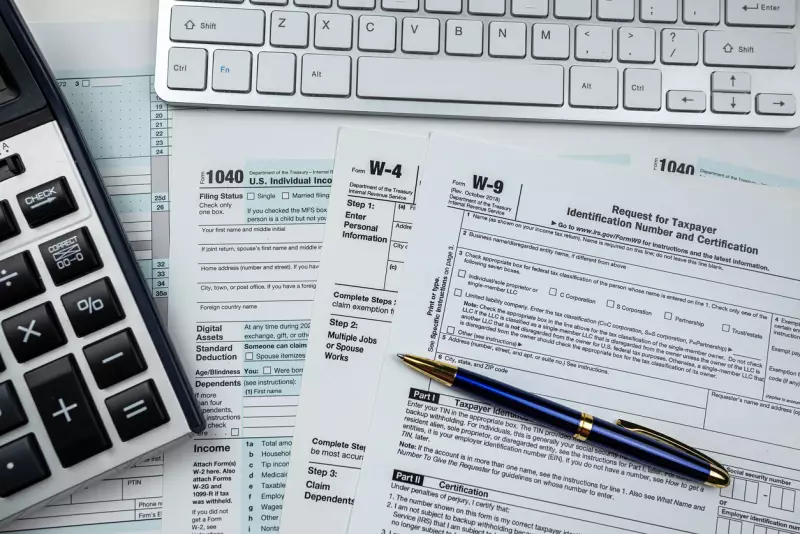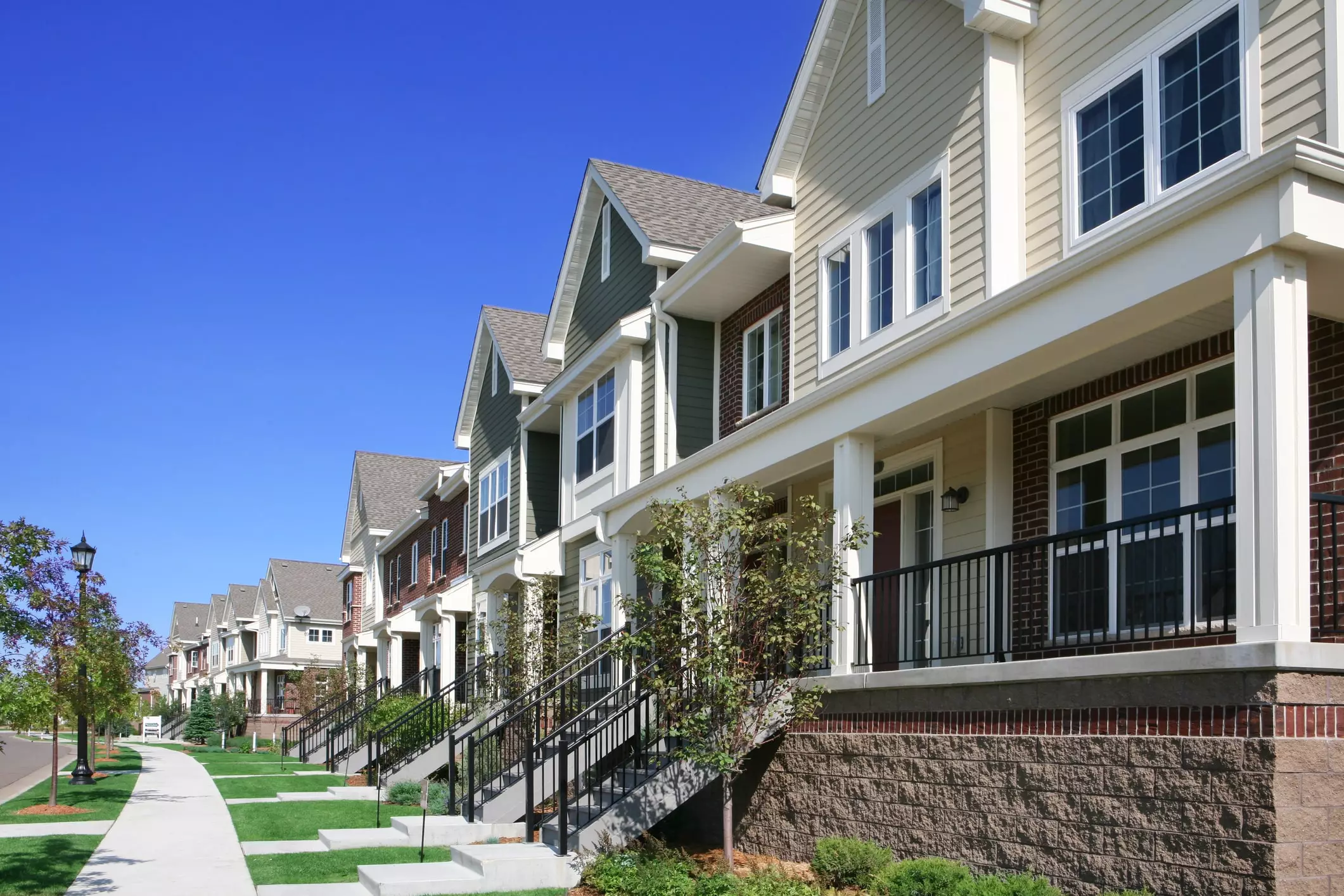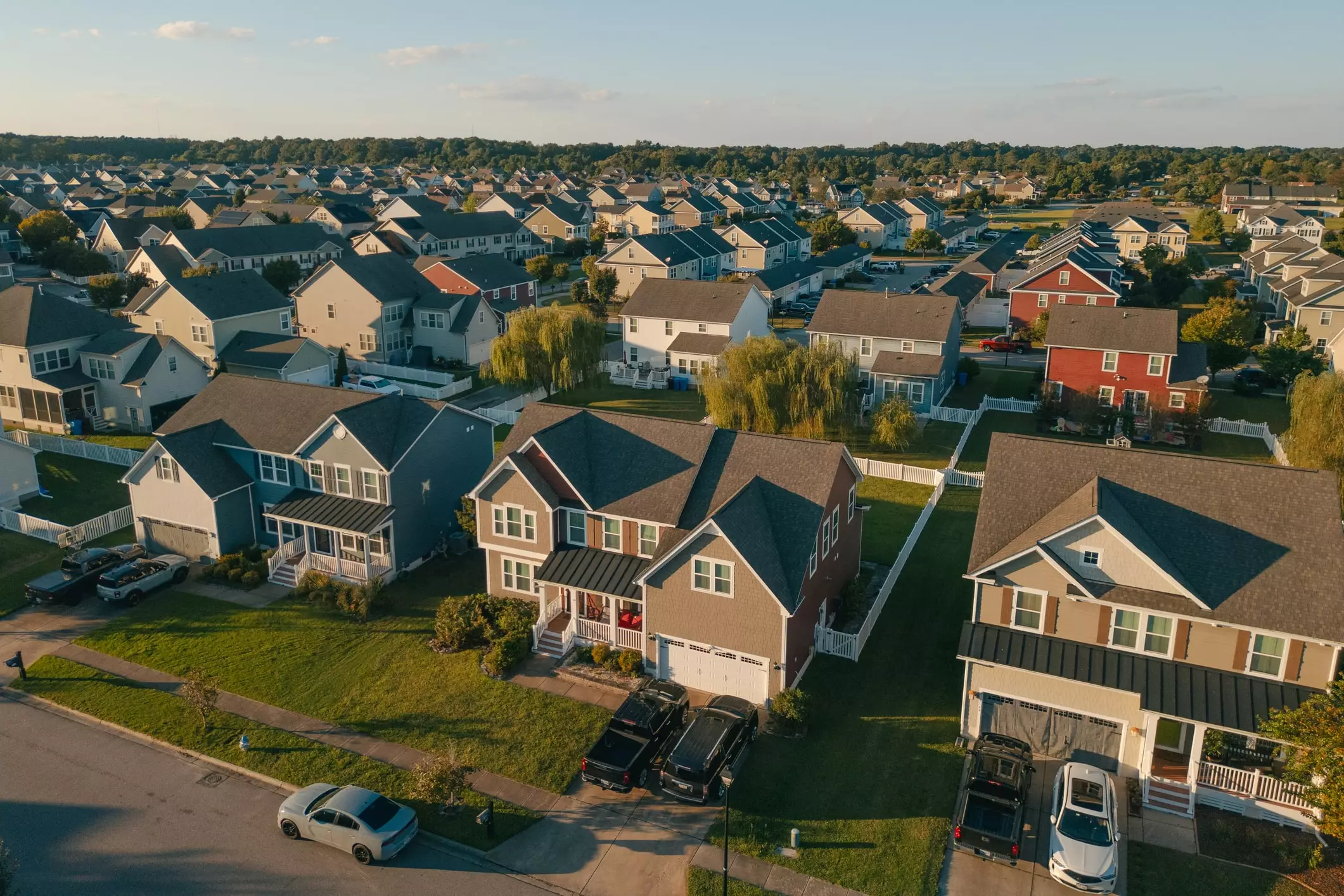States With No Property Tax and a Comparison of Low vs. High Tax States

Table of Contents
- States With No Property Tax and a Comparison of Low vs. High Tax States
- The Importance of Property Taxes for Local Governments
- Are There States With No Property Tax? Exploring Tax-Free Options
- States With No Property Taxes: Is It Possible?
- Alternative Revenue Sources in States With No Property Tax
- States With the Lowest Property Tax: Where You Can Save More
- Top 10 States With Low Property Tax
- States With the Highest Property Tax: Understanding the Trade-Offs
- Top 10 States With the Highest Property Tax
- Comparing Low vs. High Property Tax States: What You Should Consider
- How to Minimize Property Taxes: Tips for Homeowners
- Is Moving to a Low Property Tax State Worth It? Key Considerations
- Finding the Balance Between Low and High Property Tax States
While it can be frustrating to pay annual property taxes when you buy a home, they are essential in funding vital local services like public safety, schools, and road maintenance. For local city and county governments, these taxes are often a major source of revenue. They can, however, significantly affect the overall cost of owning real estate.
The average US household spends around $2,459 in annual property taxes. However, these taxes vary widely based on location. Lower rates are typically found in the West and South, while higher rates are available in the Midwest and Northeast.
Understanding how taxes work allows you to calculate property taxes accurately, enabling you to estimate costs and make informed financial decisions before making an offer on a home.
The Importance of Property Taxes for Local Governments
Taxes are vital in funding local services, such as public schools, parks, emergency services, and infrastructure. States with low property taxes often charge higher sales taxes. These taxes impact community development and quality of life.
Are There States With No Property Tax? Exploring Tax-Free Options
While many homeowners believe that some states don't have property taxes, the truth is that homeowners must pay these taxes in every state. Some states have managed to reduce property taxes significantly. However, they must still collect enough money to maintain public services.
For example, Hawaii has some of the lowest property taxes in the country. The state pays for public services with revenues from the following taxes:
- Personal income tax
- Corporation tax
- General excise tax
- Insurance premium tax
States With No Property Taxes: Is It Possible?
There are no states that have fully abolished property taxes, but numerous states have minimal property tax obligations. Alabama state property tax rate is only 0.42%, making it one of the most affordable places to invest in housing, and the average home value is around $228,000.
In many states, annual budgets are increasing yearly, making it more difficult for states with low property taxes to maintain this model. In the long run, this model might only be sustainable if states increase the other taxes they collect. For example, states with a corporate income tax may need to raise rates over time.
Alternative Revenue Sources in States With No Property Tax

To understand how important property taxes are, local and state governments in the US collect more than $600 billion annually from them. States with low property taxes can compensate for lost revenue with sales taxes, income taxes, or special levies.
Hawaii state taxes include a general excise tax that applies to most types of business activities in the state. This tax is levied on a person's income when engaging in business activity. The types of activities that are subject to this tax include the following:
- Construction contracting
- Rental of real or personal property
- Services
- Retailing
- Farming
- Wholesaling
Hawaii real estate is also expensive, so tax bills are still high despite the low rate. Alternative taxing systems can negatively impact businesses and residents, so it's highly recommended that you consider how all state taxes will affect you before making an offer on a property.
States With the Lowest Property Tax: Where You Can Save More
From Hawaii to South Carolina, there are many states where the average tax rate is well below 1%. If you buy a home in an area with a low tax rate, you'll benefit from long-term savings. Most homeowners fold their property taxes into their monthly mortgage payments. Moving to a state with a low tax rate means that you can effectively reduce your monthly payments by hundreds of dollars.
States have different reasons for low property taxes. In cases like Hawaii, it's because the average property values are high. However, states can also have lower taxes because of policy decisions.
For example, Tennessee's tax policy allows for lower overall property taxes because homeowners in rural locations don't require access to as many public services.
In bustling cities like Memphis, state taxes are nearly twice as high to cover the greater demand for public services.
Top 10 States With Low Property Tax
Here are the ten states with the lowest property taxes.
1. Louisiana
- Tax Rate: 0.18%
- Average Tax Payment: $243 per year
- Median Household Income: $54,216
2. Hawaii
- Tax Rate: 0.26%
- Average Tax Payment: $1,324 per year
- Median Household Income: $81,711
3. Alabama
- Tax Rate: 0.33%
- Average Tax Payment: $398 per year
- Median Household Income: $51,014
4. Delaware
- Tax Rate: 0.43%
- Average Tax Payment: $1,078 per year
- Median Household Income: $67,249
5. Washington D.C.
- Tax Rate: 0.46%
- Average Tax Payment: $2,057 per year
- Median Household Income: $98,620
6. West Virginia
- Tax Rate: $0.49%
- Average Tax Payment: $464 per year
- Median Household Income: $44,940
7. South Carolina
- Tax Rate: 0.50%
- Average Tax Payment: $689 per year
- Median Household Income: $52,001
8. Arkansas
- Tax Rate: $0.52%
- Average Tax Payment: $532 per year
- Median Household Income: $48,177
9. Mississippi
- Tax Rate: 0.52%
- Average Tax Payment: $508 per year
- Median Household Income: $45,925
10. New Mexico
- Tax Rate: 0.55%
- Average Tax Payment: $880 per year
- Median Household Income: $52,032
States With the Highest Property Tax: Understanding the Trade-Offs
In states like New Jersey and Texas state, property taxes are among the highest in the country. Many states impose high property taxes to ensure residents benefit from enhanced public services, infrastructure, and overall quality of life.
For example, the property tax revenues in New Jersey are used to provide children with excellent public schools. The main issue with living in a high-tax state is that you'll likely spend thousands of dollars every year on property taxes. However, the advantage of choosing a high-tax state is that your quality of life will likely be better.
Top 10 States With the Highest Property Tax
The states detailed below have the highest property taxes in the country. However, states like New Jersey offset these costs somewhat by reducing sales taxes.
1. New Jersey
- Tax Rate: 1.89%
- Average Tax Payment: $6,579 per year
- Median Household Income: $88,343
2. New Hampshire
- Tax Rate: 1.86%
- Average Tax Payment: $4,636 per year
- Median Household Income: $73,159
3. Texas
- Tax Rate: 1.81%
- Average Tax Payment: $2,275 per year
- Median Household Income: $62,353
4. Nebraska
- Tax Rate: 1.76%
- Average Tax Payment: $2,164 per year
- Median Household Income: $59,730
5. Wisconsin
- Tax Rate: 1.76%
- Average Tax Payment: $3,007 per year
- Median Household Income: $62,494
6. Illinois
- Tax Rate: 1.73%
- Average Tax Payment: $3,705 per year
- Median Household Income: $68,578
7. Connecticut
- Tax Rate: 1.63%
- Average Tax Payment: $4,738 per year
- Median Household Income: $85,993
8. Michigan
- Tax Rate: 1.62%
- Average Tax Payment: $2,145 per year
- Median Household Income: $55,244
9. Vermont
- Tax Rate: 1.59%
- Average Tax Payment: $3,444 per year
- Median Household Income: $62,088
10. North Dakota
- Tax Rate: 1.42%
- Average Tax Payment: $1,658 per year
- Median Household Income: $62,081
Comparing Low vs. High Property Tax States: What You Should Consider
Buying a home in a low-tax state isn't automatically better than moving to a high-tax location. There are tradeoffs in every situation.
For example, Hawaii has the highest cost of living in the country, which makes up for the low tax rate they collect. In Alabama, the cost of living is relatively low. You'll also benefit from a 0.42% property tax rate. The downside is that a large percentage of the population lives in poverty.
The quality of public services is often better in high-tax states. While property taxes don't have a major impact on real estate markets and property values, buyers might prefer moving to a county with low taxes. Real estate in these areas can appeal to buyers and investors, pushing home values higher.
How to Minimize Property Taxes: Tips for Homeowners

To effectively reduce your property tax burden, consider applying for a homestead exemption in the state in which you own a home. Most states offer tax exemptions to qualified homeowners. These exemptions can reduce your home's assessed value. You can also appeal your annual tax assessment if you believe it's too high.
To increase the value of your home and cover some of the extra costs that come with this tax burden, make some tax-efficient home improvements. For example, installing an energy-efficient HVAC system can save you money by reducing your monthly utility bills and increasing the value of your home.
Is Moving to a Low Property Tax State Worth It? Key Considerations
Before you move to a state with lower property taxes, you should consider a few factors. For example, the state may compensate for lower property taxes by charging higher income or sales taxes. Weigh your potential savings against the possible hidden costs before you make your final decision.
When moving to a low-tax state, the quality of public services may be lower. In this scenario, you may need to contend with worse education and healthcare. You might also need to make lifestyle changes depending on where you're moving from.
Finding the Balance Between Low and High Property Tax States
In the US, property taxes range from 0.18% to 1.89%, meaning that the place you choose to move to can make a big difference in how much you spend on taxes yearly. There's no one-size-fits-all solution when choosing between low and high property tax states. Consider the financial and quality-of-life factors when you're making decisions about where to live.
Search Property & Deed Records
Table of Contents
- States With No Property Tax and a Comparison of Low vs. High Tax States
- The Importance of Property Taxes for Local Governments
- Are There States With No Property Tax? Exploring Tax-Free Options
- States With No Property Taxes: Is It Possible?
- Alternative Revenue Sources in States With No Property Tax
- States With the Lowest Property Tax: Where You Can Save More
- Top 10 States With Low Property Tax
- States With the Highest Property Tax: Understanding the Trade-Offs
- Top 10 States With the Highest Property Tax
- Comparing Low vs. High Property Tax States: What You Should Consider
- How to Minimize Property Taxes: Tips for Homeowners
- Is Moving to a Low Property Tax State Worth It? Key Considerations
- Finding the Balance Between Low and High Property Tax States









